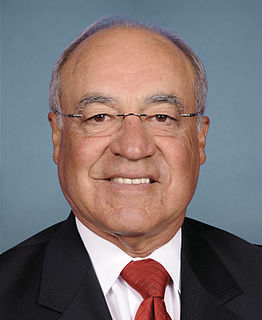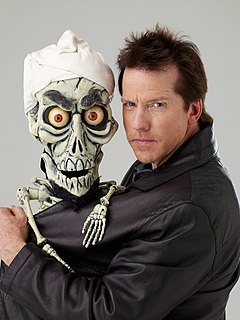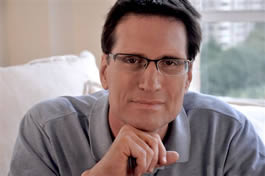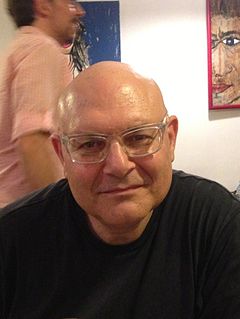A Quote by Dinesh Paliwal
A degree in Liberal Arts has long been considered the most adaptable, with humanitarian and societal studies that prepare graduates to enter a wide variety of careers.
Related Quotes
I majored in drama and theater arts at Columbia and was always in acting studio, but that was a liberal arts degree, not a bachelor of arts degree, so I didn't have a traditional conservatory training. There was a lot of reading and a lot of writing involved, and only about 30 percent of my classes were directly theater-related.
Everybody knows that there's a liberal, that there's a heavy liberal persuasion among correspondents.....Anybody who has to live with the people, who covers police stations, covers county courts, brought up that way, has to have a degree of humanity that people who do not have that exposure don't have, and some people interpret that to be liberal. It's not a liberal, it's humanitarian and that's a vastly different thing.
Contrary to what some folks would have us believe, it is not tragic, even if undesirable, for a person to leave a liberal arts education not having read major works from this canon. Their lives are not ending. And the exciting dimension of knowledge is that we can learn a work without formally studying it. If a student graduates without reading Shakespeare and then reads or studies this work later, it does not delegitimize whatever formal course of study that was completed.
Universities used to prepare young adults for the real world. I dare say the graduates today go in without a clue and graduate without a clue. It's time to acknowledge the college degree is not worth what it was in the past. Times are changing, and so is the way we prepare our youth to survive in a competitive world.
One of the favorite things I've learned about Michigan State is that they set up a 'Women's course' in 1896. It sounds like the first gender studies department! But when I looked into it, they taught women home economics, liberal arts, and science. So the women's course was actually a useful degree! It actually teaches something productive!
Among all the liberal arts, the first is logic, and specifically that part of logic which gives initial instruction about words. ... [T]he word "logic" has a broad meaning, and is not restricted exclusively to the science of argumentative reasoning. [It includes] Grammar [which] is "the science of speaking and writing correctly-the starting point of all liberal studies."
General editors' preface The growth of translation studies as a separate discipline is a success story of the 1980s. The subject has developed in many parts of the world and is clearly destined to continue developing well into the twenty-first century. Translation studies brings together work in a wide variety of fields, including linguistics, literary study, history, anthropology, psychology, and economics. This series of books will reflect the breadth of work in translation studies and will enable readers to share in the exciting new developments that are taking place at the present time.


































